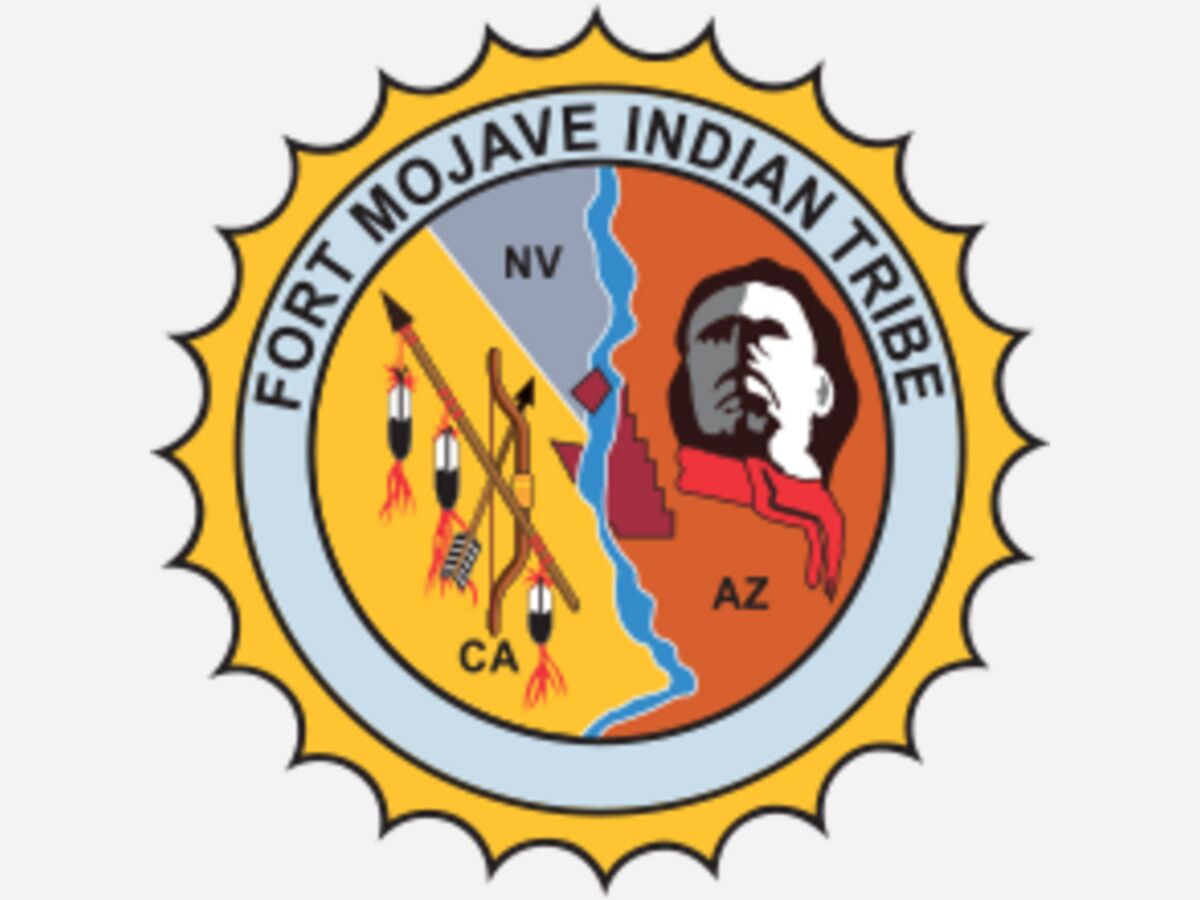Image


More than four in five American Indian and Alaska Native women and men have experienced violence in their lifetime and in 2016 - more than one in three experienced violence.
This was reported in the National Institute of Justice (NIJ) funded study in 2016. It was part of NIJ’s research program examining the extent of violence against American Indian and Alaska women. Researchers examined the prevalence of psychological aggression and physical violence by intimate partners, stalking, and sexual violence among American Indian and Alaska Native women and men. The perpetrators’ race and impact of the violence were also studied.
NIJ is a development and evaluation agency of the U.S. Department of Justice and located in Washington, D.C.
In the Inland Empire, one program that has been addressing domestic violence in the Native American community was started by the Fort Mojave Indian Tribe in 1996 and at that time it included one director and two staff workers.
“The Fort Mojave Domestic Violence Program started with a federal grant. The grant was awarded by the S.T.O.P. (Services, Training, Officers, Prosecution) Violence Against Women Grant, provided by the Violence Against Women Act (VAWA),” program director, Charlotte Knox, stated.
One of the mission statements to be found on the website of the Fort Mojave Indian Tribe Domestic Violence Program (FMIT DVP) is to stop violence against Indian Women within the community.
The Fort Mojave Mojave Tribe acknowledges on its website that domestic violence detrimentally affects generations of members of their community and comes in many forms of abuse, including, but not limited to, physical, verbal, psychological, spiritual, emotional, and sexual.
Its program seeks to promote the healing of families, where possible, and to promote Mojave cultural teachings and traditional values so as to nurture non-violence and respect for women.
“The program is overseen by our Tribal Council, which consists of seven members. We are also overseen by our tribal administrator. The program director reports to the tribal administrator,” Knox pointed out.
“We do not have a shelter. Instead, we use local shelters in the tri-state area of California, Nevada, and Arizona. Surrounding tribes and other domestic violence agencies operate and manage these shelters,” Knox related. She added that she is one of the five staff members running the program. The program also includes a program coordinator, two victim advocates and a receptionist.
The services currently available are court ordered re-education programs, crisis intervention advocacy, direct victim services, victim empowerment and advocacy as well as support groups.
The program is open to a tribal member of a federally recognized tribe, those eligible for enrollment and must be at least eighteen years of age. However, non-natives who have a domestic partner eligible for enrollment or are a tribal member may access the services.
“We do not have a teen program but, we do observe Teen Dating Awareness Month every February. We collaborate with the Southwest Indigenous Women’s Coalition to host the “Young Women are Sacred”
conference,” Knox pointed out. “This is a way for us to reach out to the adolescent girls in our tribal communities. The conference is a safe space for the girls to learn, interact, make friends, and to have fun. We try to hold this conference every year.”
In observance of Domestic Violence Awareness Month in October, Knox stated the community members are being encouraged to wear purple every Wednesday. Two domestic violence awareness walks will be organized, one on the Arizona side of the reservation and the other on the California side. The program is also conducting virtual outreach events.
In future there is a plan to install a 24/7 crisis hotline and develop a data base system to capture data, according to Knox.
In addition to the S.T.O.P. grant, additional funding originates from the National Congress of American Indians and the Fort Mojave Tribe.
The Mojave Indians are Pipa Aha Macav – “The People By The River”. The Fort Mojave Indian Reservation is located along the Colorado River, near Needles, California. The Reservation covers nearly 42,000 acres in the tri-state area of Arizona, California, and Nevada. The land is divided into three major segments; 23,669 acres in Mojave County Arizona; 12,633 acres adjacent to Needles, California; and 5,582 acres in Clark County, Nevada. Tribal headquarters are located in Needles, California.
Program Director:
Charlotte Knox
Phone: 760-326-3047
Website:
https://www.fortmojaveindiantribe.com/tribal-departments/domestic-viole…
Address: 822 West Broadway, Ste. C, Needles, CA 92363